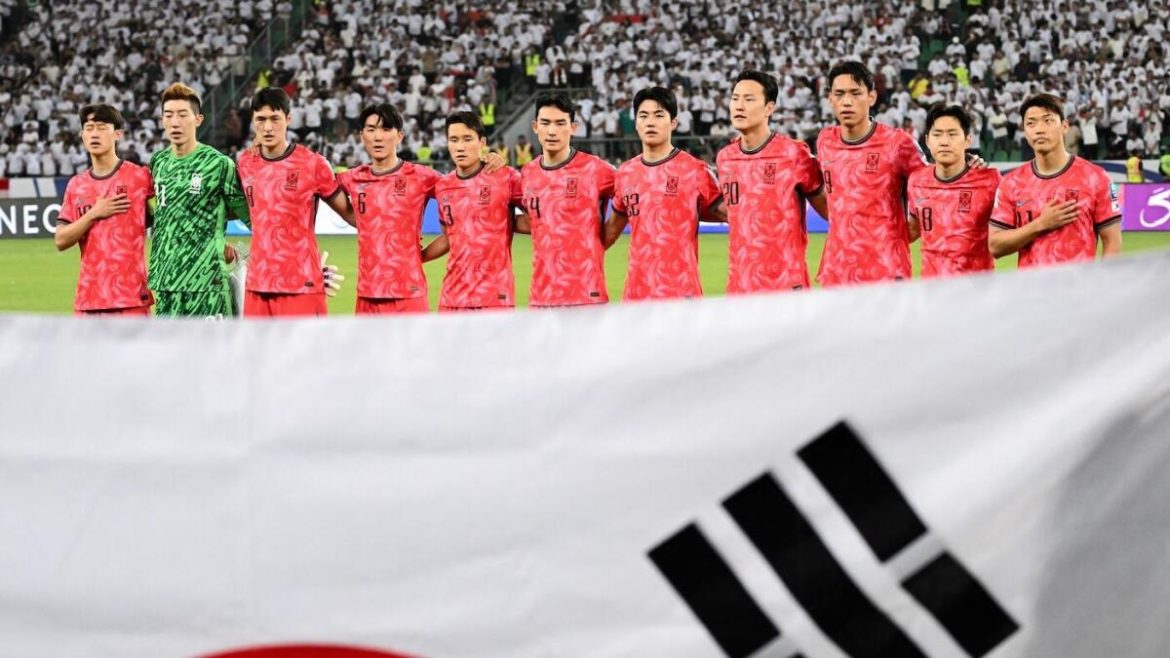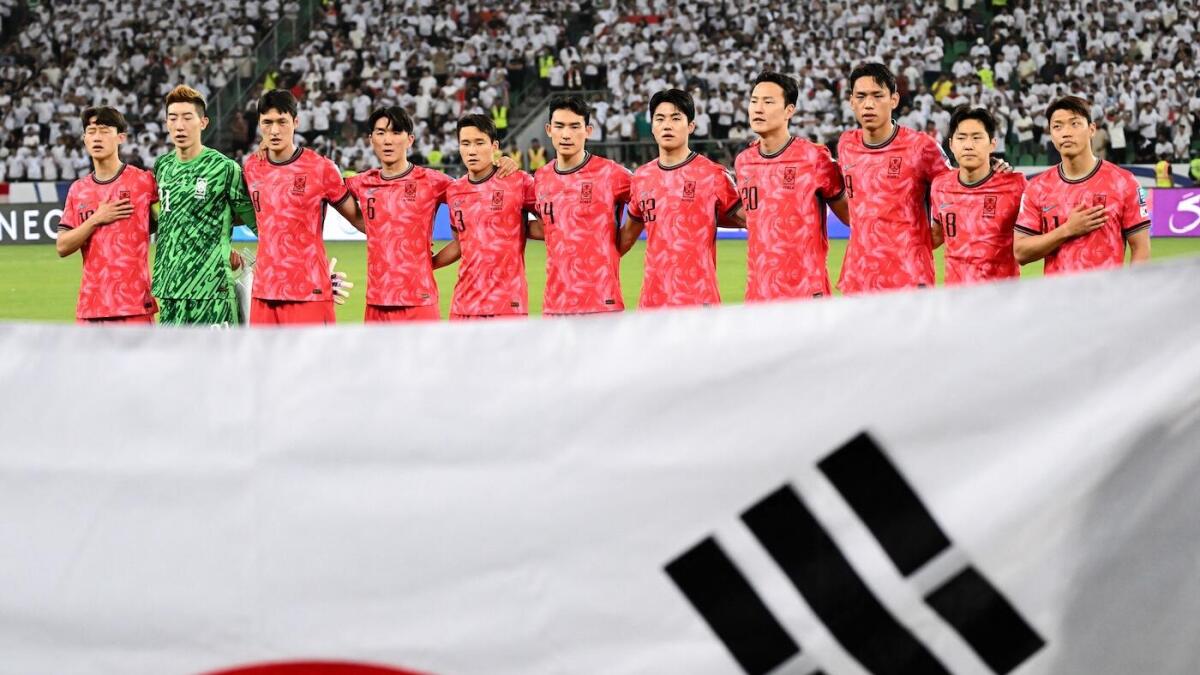Historic Milestones in World Cup Qualification: Uzbekistan and Jordan’s Debut
The road to the 2026 FIFA World Cup, co-hosted by the United States, Mexico, and Canada, has ushered in historic moments, particularly for the Asian football confederation. Uzbekistan and Jordan have etched their names into football history by qualifying for the World Cup finals for the very first time. Alongside their breakthrough, South Korea secured their 11th consecutive appearance, buttressing Asia’s growing presence on the global stage. This expanded tournament, featuring 48 teams for the first time, has opened doors for new nations to compete in the world’s premier football competition.
—
Milestone Achievements: First-Time Qualifiers Uzbekistan and Jordan
Uzbekistan’s qualification marks a significant breakthrough. After years of striving and narrowing the gap with traditional football powerhouses, their players finally celebrated the triumph. By sealing qualification with matches remaining, Uzbekistan has not only represented progression in Central Asian football but also inspired a broader region.
Similarly, Jordan’s debut is monumental. Traditionally overshadowed in Asian football by countries like Japan, South Korea, and Iran, Jordan’s ascent signals emerging competitiveness and development at the grassroots and professional levels. Their guaranteed second-place finish in their qualifying group, behind South Korea, underscores their consistency and promise.
These achievements demonstrate how the expanded World Cup format—growing from 32 to 48 teams—has facilitated greater access to football’s grandest stage, offering nations with rising football standards the chance to showcase their talent globally.
—
South Korea’s Continued Dominance
In stark contrast to the newcomers, South Korea’s qualification continues a sustained legacy of elite-level football. Marking their 11th straight World Cup appearance, South Korea remains Asia’s most consistent representative. Their enduring success highlights strong football infrastructure, youth development programs, and competitive domestic leagues capable of producing quality players on the world stage.
Their qualification journey was marked by solid performances against both traditional rivals and emerging teams, affirming their position as an Asian powerhouse. Their continued presence provides a benchmark and inspiration for rising teams like Uzbekistan and Jordan.
—
The Expanded 2026 World Cup: Opportunities and Challenges
The upcoming 2026 World Cup heralds a transformative era due to its unprecedented 48-team format, up from 32. By expanding the field, FIFA aims to globalize football further, encouraging development in emerging football nations while maintaining competitive integrity. This increase allows for more diverse representation across continents, especially benefiting confederations like the Asian Football Confederation (AFC).
This shift presents both opportunities and challenges:
– Opportunities: New footballing nations gain invaluable international exposure and economic benefits embedded in participation. It accelerates football development domestically, potentially raising standards regionally.
– Challenges: Larger tournaments require meticulous organizing to maintain quality, logistical efficiency, and fan engagement. The risk of diluted competitiveness is possible if disparities between established and emerging teams are not managed.
Uzbekistan’s and Jordan’s qualification symbolize the tangible impact of this expanded format, signaling a promising rebalancing of global football representation.
—
The Road Ahead: Preparing for 2026
Both Uzbekistan and Jordan, as debutants, face the immense task of preparing for a tournament where the spotlight will intensify. Focus areas will likely include:
– Building Competitive Squads: Strengthening player pools with a blend of homegrown talent and international experience.
– Tactical Maturity: Adjusting coaching strategies to navigate high-pressure matches against experienced opponents.
– Investment in Infrastructure: Enhancing training facilities and sports science support to compete optimally.
Meanwhile, traditional contenders in Asia, such as South Korea and Japan, will strive to leverage their experience to deepen their runs in the tournament.
Hosting across three nations—USA, Mexico, and Canada—also promises logistical advantages and an electrifying atmosphere with passionate fanbases, which could especially uplift debutant teams in their efforts.
—
Conclusion: A New Chapter for Asian Football on the World Stage
Uzbekistan and Jordan’s historic qualifications for the 2026 FIFA World Cup transcend mere participation; they embody the evolution of football in Asia, fueled by dedication, growth, and the expanded tournament format. Their emergence alongside stalwarts like South Korea enriches the diversity and excitement of the upcoming competition.
As the countdown to 2026 continues, these teams carry the hopes of their nations and regions, armed with the opportunity to leave lasting legacies in a World Cup shaped by inclusivity and global passion. The beautiful game’s landscape is changing, and with new nations stepping into the spotlight, the world can look forward to fresh stories, unexpected triumphs, and unforgettable moments.





